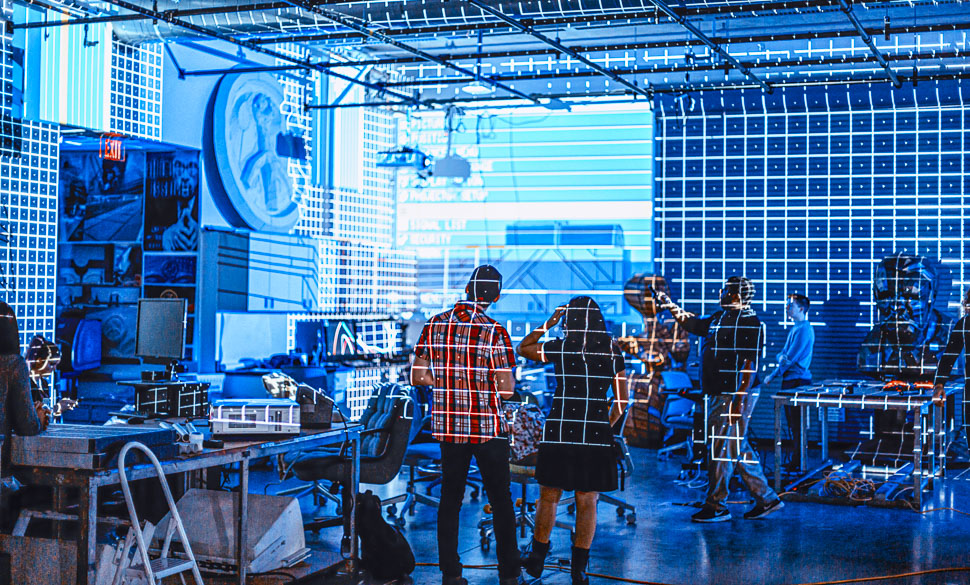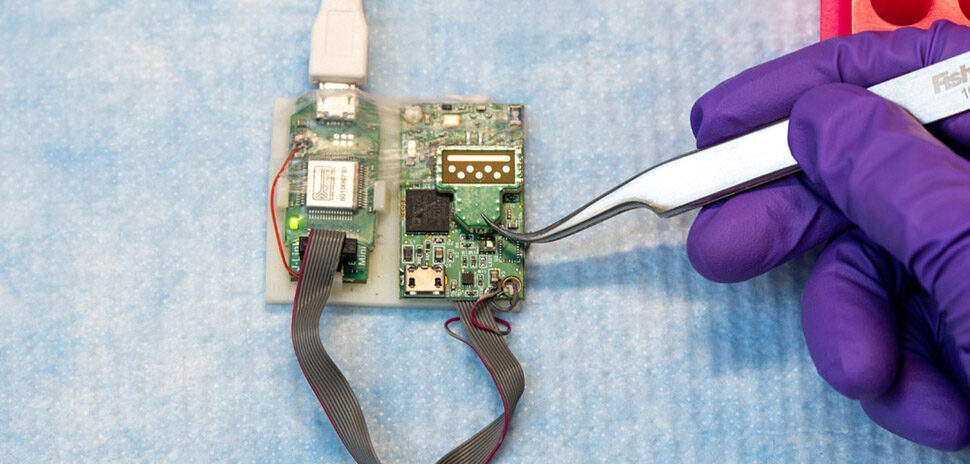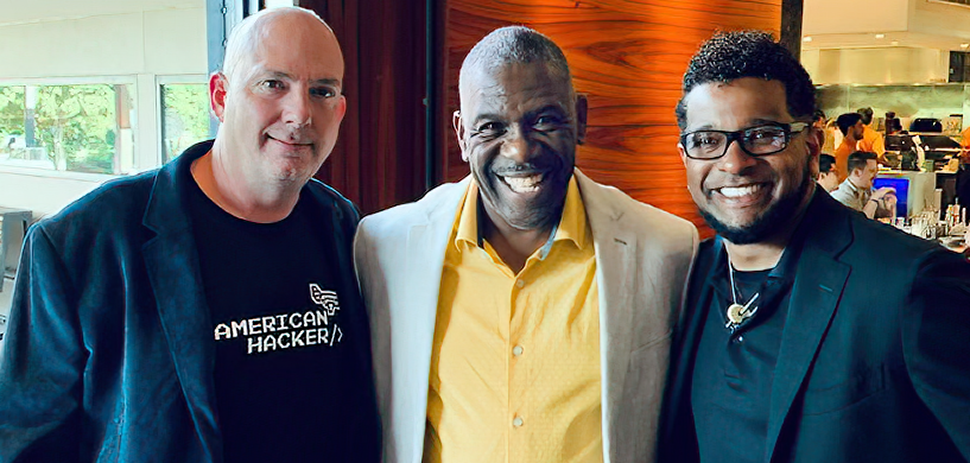At the University of Texas at Dallas, Anne Balsamo is teaching a freshman foundation class. It’s the beginning of the semester, and as usual, the students are a little anxious.
A silent question looms in the room, weighing heavy on their minds. In a few short years, they’ll don caps and gowns and receive their diplomas. But then what? What kinds of jobs will await them on the other side of the graduation stage?
Balsamo pulls up a PowerPoint presentation and clicks to one of the slides. It lists out jobs that emerged in 2009—10 jobs that didn’t exist until 10 years ago. “Ten years ago,” she says, “who knew what an ‘Uber driver’ was?”
The next column of the slide—five jobs that didn’t exist until 2014—helps drive the point home. It isn’t that Balsamo thinks her students will become drivers or social media influencers; she wants to illustrate how fast the world changes. Technology is evolving at a breakneck pace—so quickly that it’s hard to predict what the future might hold. What we know for sure is that, to fill tomorrow’s jobs, we need cutting-edge education programs that can train tomorrow’s talent.
Here in North Texas, we got our start as a tech hub back in the boom of the 1990s, when telecom companies flooded the area. Today, Dallas-Fort Worth is home to more than 40 Fortune 1000 companies, and the presence of tech giants like AT&T and Texas Instruments have drawn legions of highly skilled workers to the area. Factors like a low cost of living, central location, and low taxes also make this region fertile ground for innovation.
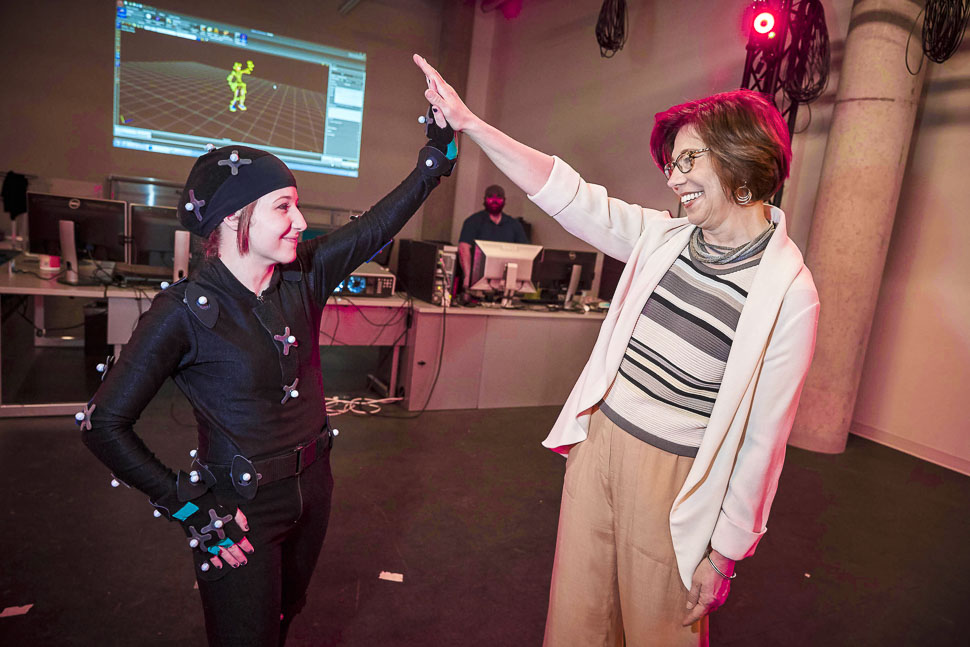
Clad in a motion-capture suit, UTD alum Brittany Jones high-fives Dr. Anne Balsamo, dean of UTD’s ATEC program. [Photo: Randy Anderson/UTD]
But perhaps the crown jewel of our auspicious collection of qualities—what makes North Texas so formidable on the innovation and tech fronts—is the hub of learning establishments that have long called the area home. The region has more than 40 higher learning institutions, and in just over two hours, you could get in your car and visit each of our seven nationally ranked universities. That includes the University of Texas at Dallas, where Balsamo serves as dean of the School of Arts, Technology, and Emerging Communication (ATEC).
“Education is the fundamental tenet to enable personal growth, in addition to corporate growth,” Drexell Owusu, senior vice president of education and workforce for the Dallas Regional Chamber, says. “Our businesses can’t thrive without a talent workforce, and how we build that talent is of vital importance to every company.”
Fortunately, with so many local universities, North Texas has fostered a collection of pioneer programs in high-level facilities that monitor the pulse of our rapidly changing technological landscape. With world-class faculty members and programs that incorporate on-the-job training, higher education institutions create an employment pipeline that funnels the best and brightest to top companies across the state—and beyond.
“We want every person in the region to have the opportunity to prosper,” Owusu says. “That requires folks to have the right skills necessary to get a job that pays a living wage and does the things they want to do.”
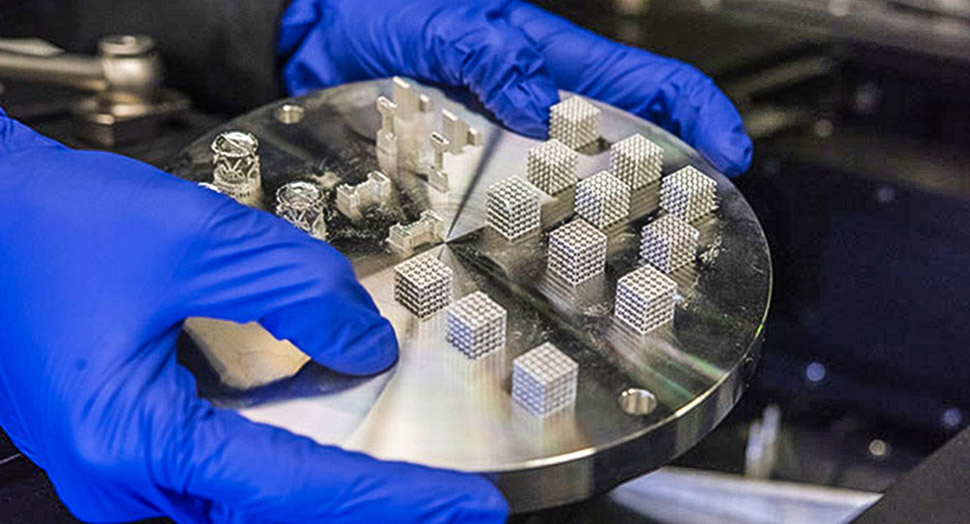
UNT’s Center for Agile and Adaptive Additive Manufacturing is at the forefront of manufacturing technologies, facilitating the creation of complex, three-dimensional objects with possibilities for far-reaching impacts. [Photo: Courtesy UNT]
But that begs some questions: What skills does the future require? What programs and areas of study will be crucial in order to teach them? And how do we train the people who are students today to fill the jobs of tomorrow?
While there’s no way to know for sure, experts with their ears to the ground have strong opinions on where the future is headed—and by attracting researchers and academics on the cutting edge of their fields, local universities can do their part to chart the future and prepare their students for what it holds.
Leigh McMullen, a distinguished VP analyst for Gartner, believes that the most important thing institutions can do is to teach students how to think, and how to do. In a general, nationwide sense, McMullen points to machine learning, blockchain, and cybersecurity as a few disciplines that will be important for the future. Here in Dallas, he says, some of what the future holds will be dictated by our position within the country.
That means networking, because “we’re at the crossroads of the internet,” he explains. “We’re also going to need additive manufacturing—3D printing or other short, small-batch kinds of manufacturing technology—because we’re also at the crossroads of America.”
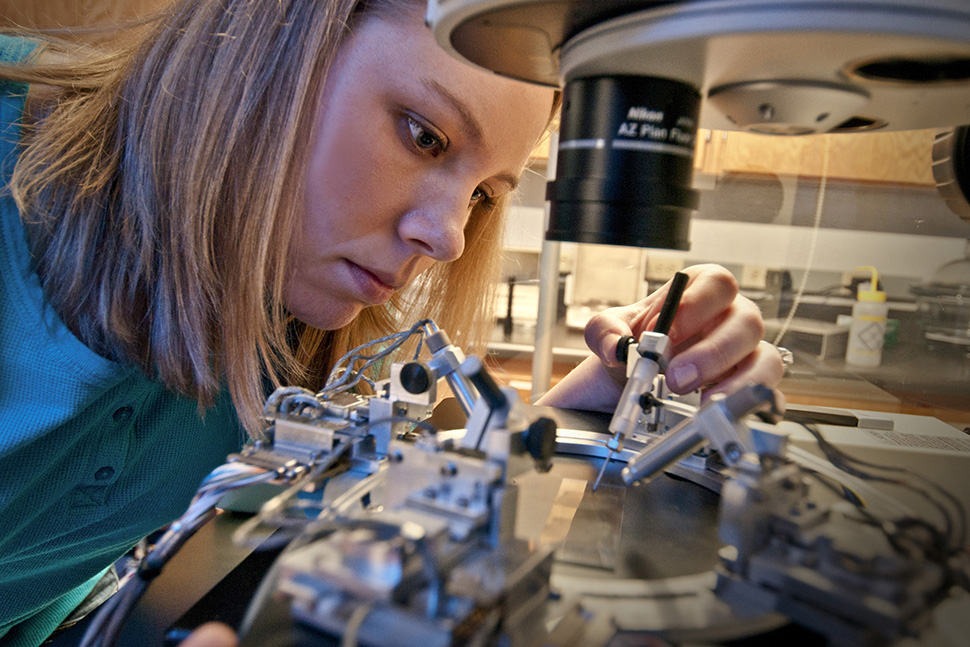
Kristina Clemons works in the Nanomanipulator Lab with Dr. Guido Verbeck in UNT’s Science Research Building. [Photo: Courtesy UNT]
At the University of North Texas, the Center for Agile and Adaptive Additive Manufacturing is blazing the path forward in the realm of manufacturing technologies, facilitating the creation of complex, three-dimensional objects with possibilities for far-reaching impacts. The center, established in 2018, received $10 million in funding from the Texas Legislature earlier this year.
In addition to data and computer science roles, there’s the medical field to consider: At the University of Texas at Arlington, the North Texas Genome Center uses genomics technology to facilitate strides forward in health research. And, throughout the region, technology is finding its way into art: DataArts at Southern Methodist University utilizes technology to analyze data on arts organizations.
SMU Guildhall is one of the top graduate game design programs in the country, and UTD’s ATEC has its eyes on the horizon when it comes to bridging the gap between art and technology. Balsamo says that she expects to see a continuing demand for animation and experience design jobs, and that in many cases, incorporating new technologies into artistic endeavors—for example, a filmmaker utilizing drones as part of her cinematography—will be key in the evolution of these disciplines.
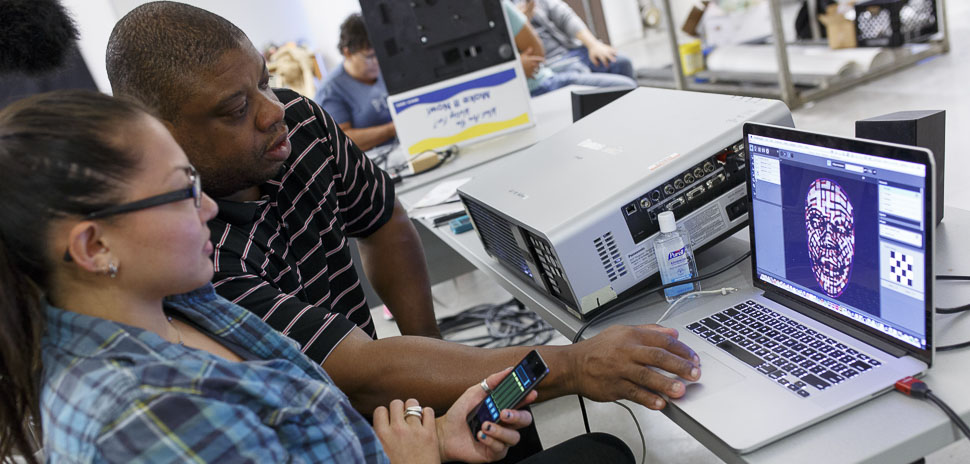
Digital Arts is a UTD graduate course taught by professor Andrew Scott. [Photo: Courtesy UTD]
“Animation is only going to get bigger—and that’s not only in animation feature films or animation in games,” Balsamo says. “Animation will be all over the world and in our environments. We can already see this happening in big cities throughout Asia—we know it’s coming.”
In short, the role of technology in the future cannot be ignored or underestimated, and it touches nearly every discipline. We’ve put together a list of some of the area’s most exciting programs—the universities across North Texas that are truly shaping the talent of the future.
And though the answer to that fearful freshman question—What kind of job will I get when I graduate?—is ever-changing, North Texas is in a prime position to harness technology and help instruct students for the jobs of today, and tomorrow.
A version of this story was originally published in Dallas Innovates: The [Tech] Talent Issue.
Read it online
Dallas Innovates: The [Tech] Talent Issue, a special edition of the Dallas Innovates Magazine, looks at how companies in Dallas-Fort Worth are attracting and retaining the best talent. Startups, corporates, nonprofits, and organizations work hard to create a strong culture, promote diversity, and implement training programs that can help achieve success.
![]()
Get on the list.
Dallas Innovates, every day.
Sign up to keep your eye on what’s new and next in Dallas-Fort Worth, every day.

